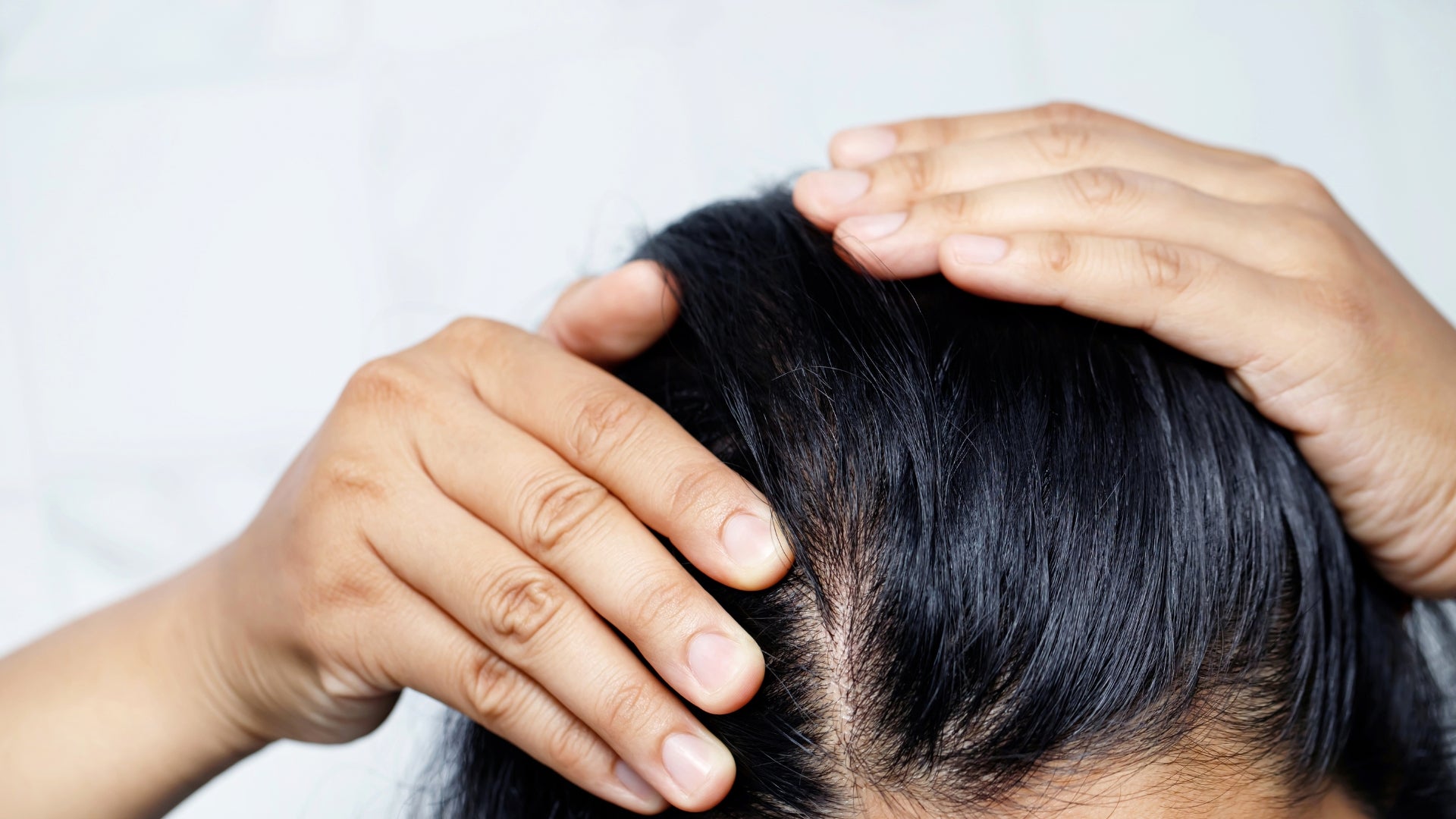The Top 100 Skin Allergens: A Guide to Sensitive Scalp Care
Michele Marchand
In the quest for healthy hair and luscious locks, it's easy to get swept away by the allure of beauty products. However, for those with sensitive skin, eczema, psoriasis, folliculitis, or contact dermatitis, the wrong ingredients can turn a beauty routine into a nightmare. One of the keys to a healthy scalp and skin lies in avoiding the top 100 skin allergens, as identified by the American Contact Dermatitis Society. In this article, we'll delve into the importance of steering clear of these irritants, especially if you have sensitive skin, and explore how embracing fragrance-free, hypoallergenic products like Just Shampoo can make a world of difference.
Understanding the Impact on Scalp Health
Have you ever had an itchy scalp after using a new shampoo? If so, your skin may be experiencing an allergic reaction to a cosmetic ingredient. It's common for people to have sensitivities to certain ingredients, which can result in redness, itching, or even a rash. Some individuals may also experience dry and flaky skin as a result of a skin allergy. This is particularly common in conditions such as eczema, where the skin becomes dry, rough, and prone to cracking. In some cases, exposure to certain substances, such as certain essential oils, can trigger or worsen symptoms. Skin allergies can range from mild irritations to severe reactions, and it's essential to understand the common allergens that can trigger these responses. Avoiding these irritants is essential for maintaining a healthy scalp and preventing further aggravation of the skin.
The Growing Epidemic of Skin Allergies
Skin allergies are on the rise, affecting more and more people every year. Adverse reactions to personal care products rose from 5% in 1983 to 10% in 2011 (source). It’s important to keep in mind that these only account for diagnosed skin allergies— the real number is believed to be much larger. Due to this, many individuals remain unaware of the specific allergens triggering their reactions.
Product labelling can also be deceiving. It’s been found that around 94% of personal care products labelled as “clean” or “natural” contain at least 1 skin allergen (source). To make informed decisions about the products you use, it's crucial to consult the American Contact Dermatitis Society's list of the top 100 skin allergens. This comprehensive resource serves as a good starting point, helping you identify and avoid common triggers for skin and scalp concerns. You can access the list here.
Top Culprits to Avoid: Tea Tree Oil, Peppermint, and Jasmine
While certain ingredients are commonly celebrated in hair care formulations, they may be hiding a dark secret for individuals with sensitive skin. Tea tree oil, peppermint, and jasmine, despite their popularity, are included in the list of the top 100 skin allergens. These ingredients can trigger adverse reactions in susceptible individuals, leading to discomfort and persistent skin and scalp irritation. One of the most effective ways to steer clear of skin allergens is by opting for fragrance-free, hypoallergenic products that contain minimal plant extracts. Remember, everyone's skin is unique, so what may work for one person may not work for another.
The Importance of Professional Guidance
While making informed choices about skincare products is crucial, it's equally important to recognize when professional guidance is necessary. If your skin issues persist even after switching to hypoallergenic products, it's time to consult a dermatologist. They can help identify the root cause of your skin concerns and tailor a skin and scalp care routine that caters to your specific needs.
Conclusion
In a world saturated with beauty products with long, confusing ingredient lists, navigating the landscape of skincare can be challenging, especially for those with skin sensitivities. By steering clear of the top 100 skin allergens, embracing fragrance-free, hypoallergenic products, and consulting resources like the American Contact Dermatitis Society's list, individuals can lower their risk of developing scalp or skin sensitivities, or even allergies. Remember, when in doubt, seek professional advice and take the first step towards a skincare routine that nurtures, rather than irritates.




